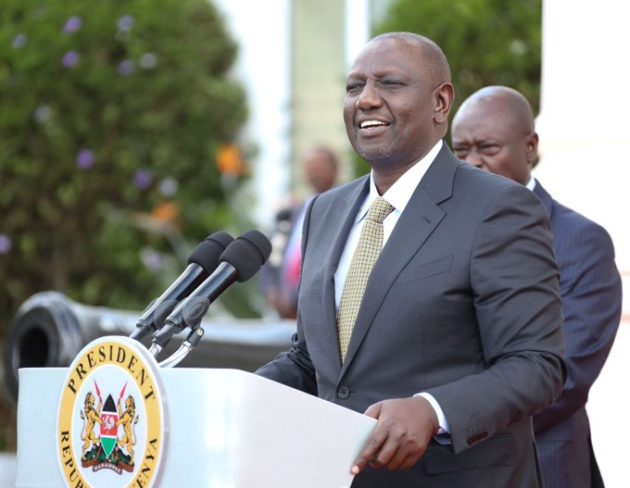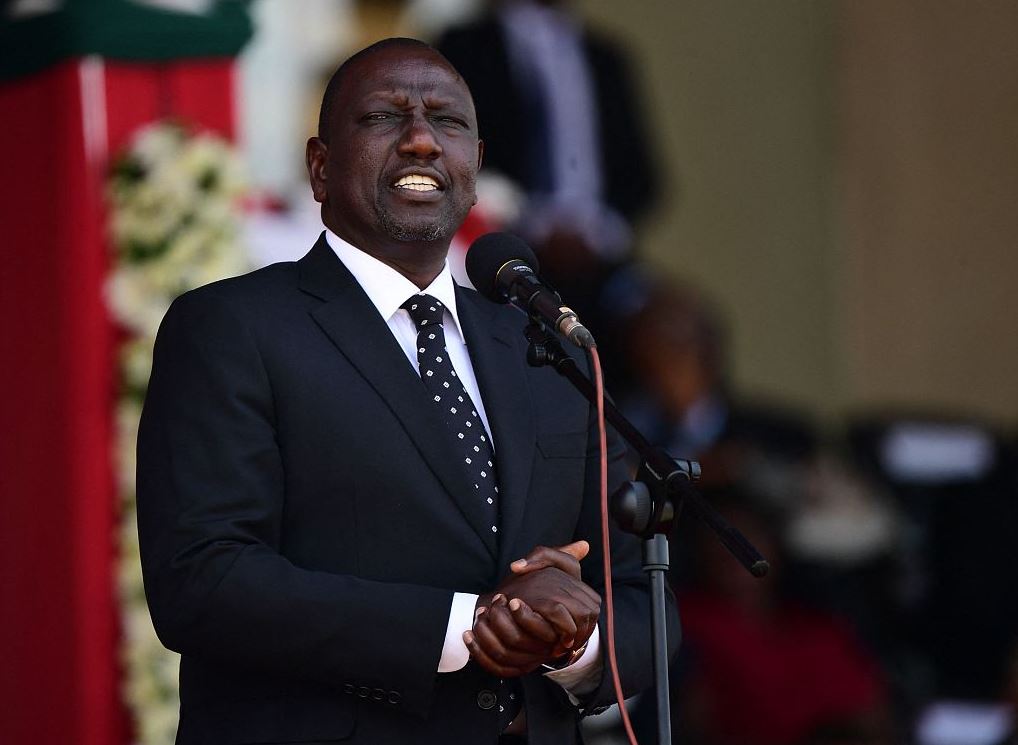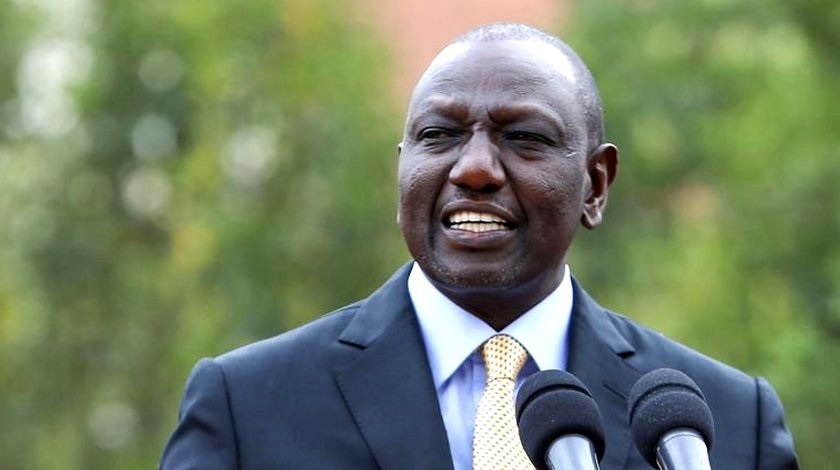After violent opposition rallies against his government, Kenya's President William Ruto pledged on Wednesday to end "impunity" and sought to reassure investors.

Following opposition leader Raila Odinga's call for a day of action to protest the nation's acute cost of living problem, hundreds of people flocked to the streets in Nairobi, the country's capital, and other areas of Kenya.
Kenyans are struggling with rising prices for basics, a substantial decline in the value of the local currency (the shilling) relative to the US dollar, and a severe drought that has left millions of people starving.
At a gathering at the Kenyan Stock Exchange, Ruto stated, "I want to convey my pledge that Kenya's business and investment climate is safe and supportive on a long-term basis.
Did you read this?
On Monday, police used water cannons and tear gas to disperse protesters, some of whom were engaging in street brawls with riot gear-clad officers while others were throwing rocks and burning tires.

Over 200 individuals were arrested, and a student was slain in western Kenya.
By resolutely combatting impunity, lawlessness, and chaos, the government will honour and respect the rights of all people while proving that no one is above the law, according to Ruto.
The rallies will nonetheless take place, according to Odinga, who narrowly lost the presidential election to Ruto last year.
His party officials informed the police of their plans to hold additional protests on Mondays and Thursdays starting the following week.
The police had stated on Sunday that the demonstrations in Nairobi were prohibited due to a late request for authorization.
Nairobi lost more than half of its daily revenue due to people staying away from the central business district on Monday as a result of the demonstration, according to Johnson Sakaja, the city's governor.
Rigathi Gachagua, the deputy president, estimated that the protests cost Kenya $15 million.









